COVID-19: A Guide to Travel During the Coronavirus Pandemic
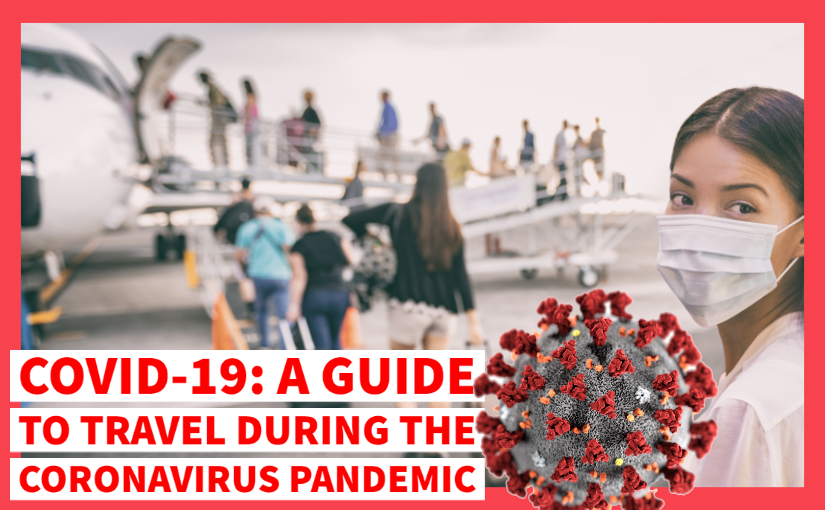
Unless you’ve been living under a rock the past few weeks, you will most definitely have heard of the Coronavirus Disease 2019, or COVID-19. The evolving pandemic has many people wondering whether they should go to the grocery store, let alone travel to other countries for trips they may have already booked. Whether you’re planning on going to China or taking a plane from coast to coast, here’s everything you need to know before going through with your travel plans.
It’s important to note that travel has come to a standstill thanks to the coronavirus – the disease which is proving to spread rapidly is responsible for the cancellation of flights, mass employee terminations, and the complete fall of several notable airlines.
Because flights are now so cheap, you may be tempted to take advantage of an exotic vacation at almost a fraction of the cost – but is it worth the risk? Some say that young, healthy individuals should most definitely make the most of the situation while most people are saying the opposite.
Take a look at our guide, weigh the pros and cons, and make a smart decision for you as well as the people around you.
What exactly is COVID-19?
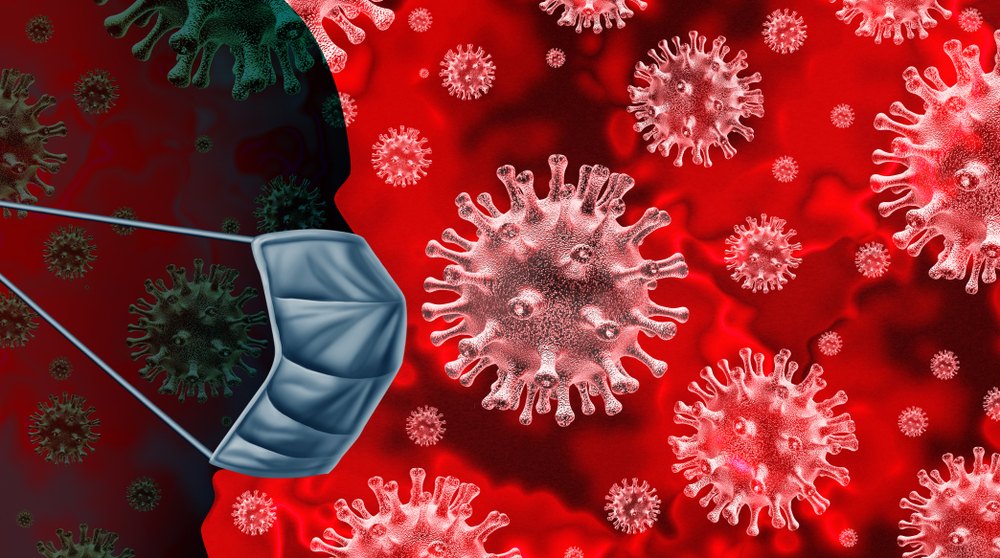
What exactly is COVID-19
Unlike other coronaviruses that circulate among humans like the common cold, COVID-19 is an illness caused by the coronavirus that has never been identified in humans prior to this. The World Health Organization (WHO) announced an official name for it mid-February though it had been causing havoc for weeks prior. This new virus is very different from other coronaviruses and was first detected in Wuhan City, Hubei Province, China.
Who is at higher risk of getting infected by COVID-19?
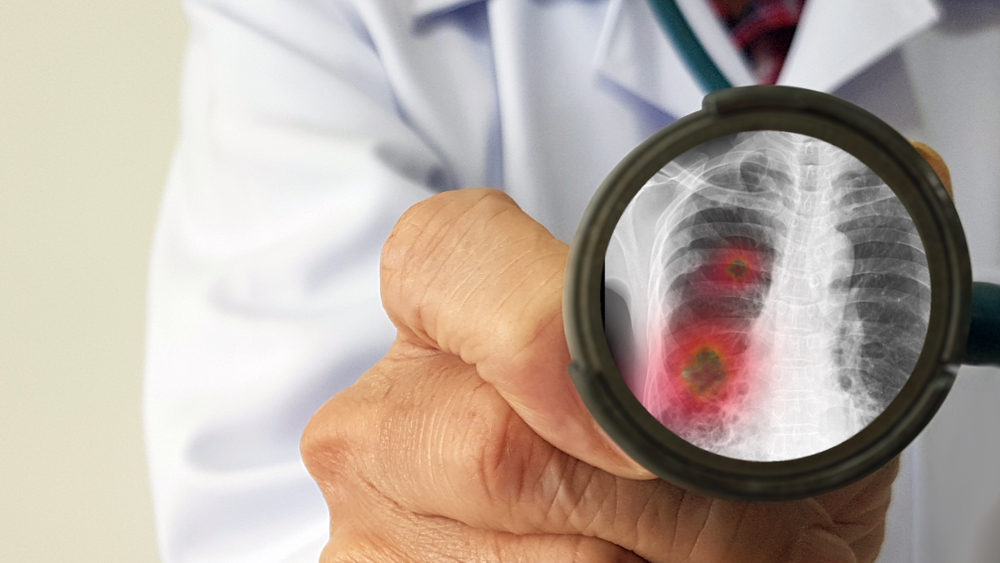
Who is at higher risk of getting infected by COVID-19
Based on how COVID-19 has played out in several countries, it seems that certain people such as older adults, diabetics, and those who have heart disease or lung disease are at a higher risk of getting very sick from this illness.
Older adults are generally more susceptible to viral illnesses and usually have underlying health issues such as heart or lung disease – this combination could cause a more severe reaction in geriatric COVID-19 cases.
It is easier for children to pass along illness or get themselves infected solely because kids touch everything around them and the germs usually make their way back to their mouths. Because it is easier for them, it’s better to keep children away from large crowds and to reduce travel unless absolutely necessary. Children with compromised immune systems should not travel under any circumstance.
In general, even adults who have compromised immune systems should reconsider any and all travel. Those who have been diagnosed with Crohn’s disease, are on immunosuppressant medication, or are undergoing chemotherapy have a higher risk of developing complications from the coronavirus.
At the moment, the American College of Obstetricians and Gynecologists do not believe that pregnant women are at a higher risk of contracting the coronavirus than the general population. That being said, there is also little known about how COVID-19 would affect pregnant women and/ or their developing fetus if contracted.
It’s important to note that like many other viruses, anyone of any age can harbor the COVID-19 virus but not have any actual symptoms. Even so, it wouldn’t stop you from spreading it to others.
What are the symptoms of COVID-19?
Patients with COVID-19 experience mild to severe respiratory illnesses as well as shortness of breath, fever, and cough. Symptoms can appear anywhere from two days to up to two weeks after being exposed to the virus.
There are certain emergency warning signs related to COVID-19 you should be on the lookout for such as persistent pain or pressure in the chest, extreme difficulty breathing, confusion or inability to arouse, or bluish lips or face. If any of these signs develop, seek medical attention immediately.
How is COVID-19 spreading?
The first infections were linked to a live animal market, but the virus is now spreading from person-to-person. Those who are actively sick with COVID-19 need to be isolated at home or the hospital, depending on how bad their symptoms are, so they can refrain from spreading the illness to others.
Coronaviruses, in general, are spread from person to person through respiratory droplets. These droplets, caused by sneezing, coughing, blowing your nose, or going to the bathroom, can remain in the air or on surfaces for over 24 hours. It’s possible for a person to catch it by breathing it in or touching a surface or object that has the virus on it AND THEN touching their own nose or mouth with the virus still on the hands.
Most viruses do not spread easily on airplanes because of how air circulates and is filtered on an aircraft. Although the risk of infection on an airplane is low, travelers should try to actively avoid contact with sick passengers.
You can prevent spreading by…
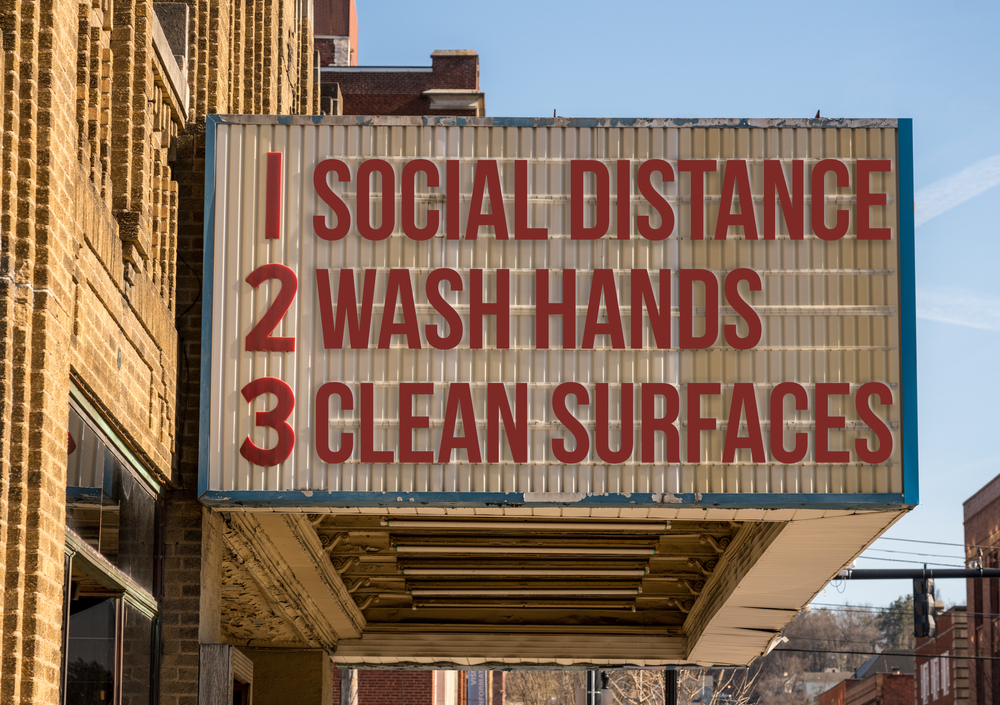
Washing your hands. It’s as simple as that. Whether you’re traveling or not, the simple act of washing your hands can prevent the spread of the virus drastically. Since there is no vaccine to prevent catching COVID-19 or treatment to help cure it at the moment, the best thing to do is avoid being exposed to it at all.
- Avoid contact with people who are sick.
- If you are sick, stay at home.
- Cover your cough/ sneeze with a tissue and throw it away immediately. Do not reuse it.
- Avoid touching your eyes, nose, and mouth.
- Clean and disinfect your surroundings frequently.
- Wash your hands often with soap and water. Each time should last 20 seconds, or approximately the time it takes for you to sing ‘Happy Birthday’ twice. Be sure to scrub between your fingers, your palms, and the outside of your hands.
If you are unable to wash your hands with soap and water, you may use hand sanitizer. Hand sanitizer is NOT as effective at killing germs, so if you have a choice, always opt for washing your hands the old-fashioned way. When on a plane, it’s also a good reason to get up and stretch your legs by walking to the bathroom once in a while.
It’s also good to keep in mind that wearing a facemask will not protect you from COVID-19 or any other respiratory illnesses. A facemask should only be worn by a person already showing symptoms so that they can limit exposing others to it.
Which countries have been affected by COVID-19 so far?
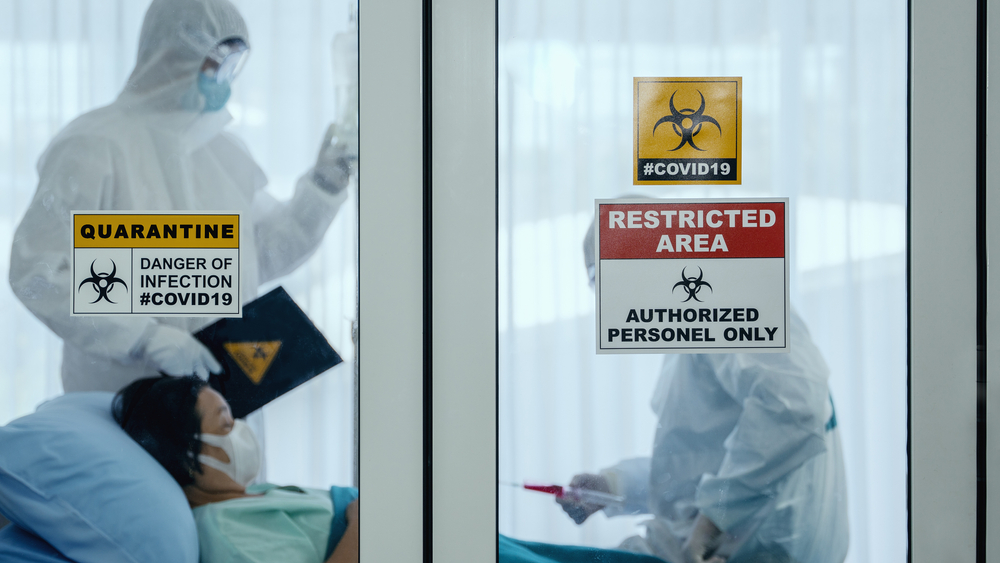
There are 88 countries around the world with confirmed cases of COVID-19 other than its place of origin, China. Those that have been affected the most include the Republic of Korea, Italy, Iran, Iceland, India, and Thailand, with cases rising in the USA, Canada, and the United Kingdom.
As death tolls rise, Italy has extended its emergency measures nationwide which includes travel restrictions, a ban on public gatherings, and more until April 2020.
Should you cancel your trip?
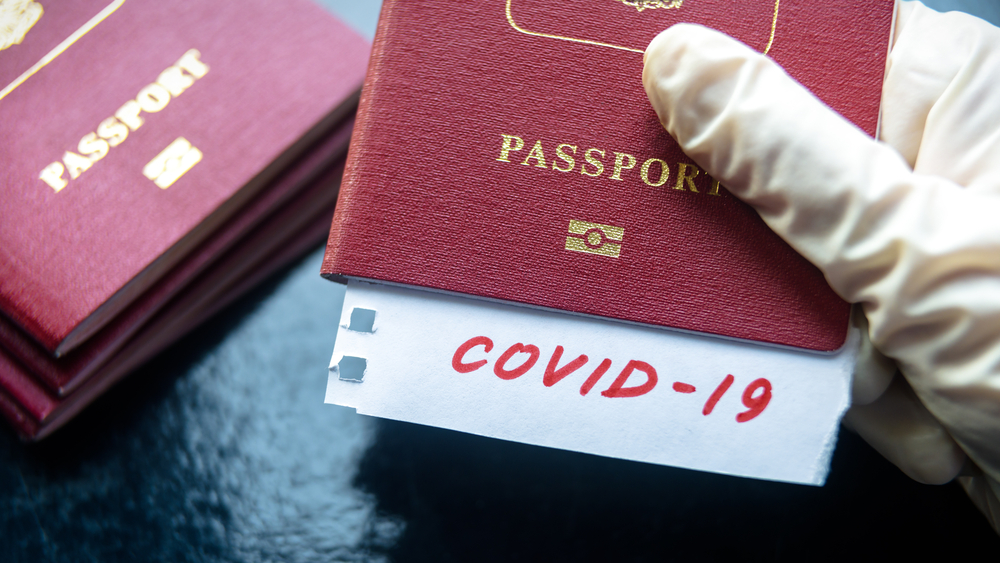
Countries have been categorized as Warning Level 3, Alert Level 2, and Watch Level 1. A list of destinations with travel notices is available at https://www.cdc.gov/coronavirus/2019-ncov/travelers/index.html.
At the time of writing this article, the Centers for Disease Control and Prevention (CDC) recommends that travelers avoid all nonessential travel to China, Iran, South Korea, and Italy (Warning Level 3).
They also recommend postponing travel to Japan (Alert Level 2) and practicing precaution if going to Hong Kong (Watch Level 1).
Keep in mind that these are not only limited to traveling into these countries but also for layovers, if any.
The CDC states that they see no need to cancel or postpone travel to other countries because the risk of catching COVID-19 is thought to be low – especially if the precautions listed above in this article are taken.
You may not have a choice
Several airlines have canceled thousands of flights due to precautionary safety measures as well as the struggle to cope with a slump in demand as more and more people opt out of traveling because of the coronavirus outbreak.
For example, Ryanair and British Airways have stopped all services to and from Italy well into next month in light of the country going into lockdown, while EasyJet has also put a temporary hold on flights to Italy.
Many like Australia’s Qantas airline have reduced their flights drastically as demand continues to fall.
Several airlines such as Emirates and United Airlines have offered their staff leave, while others such as Qatar Airways, Hong Kong Airlines, and Cathay Pacific have trimmed its fleet and/ or its workforce.
The coronavirus has threatened the survival of several notable airlines as portrayed by Korean Air’s president, Woo Kee-hong, who sent a memo to his employees stating that they “may reach the threshold where [they] cannot guarantee the company’s survival.”
What happens to travelers returning to the United States from highly infected countries?
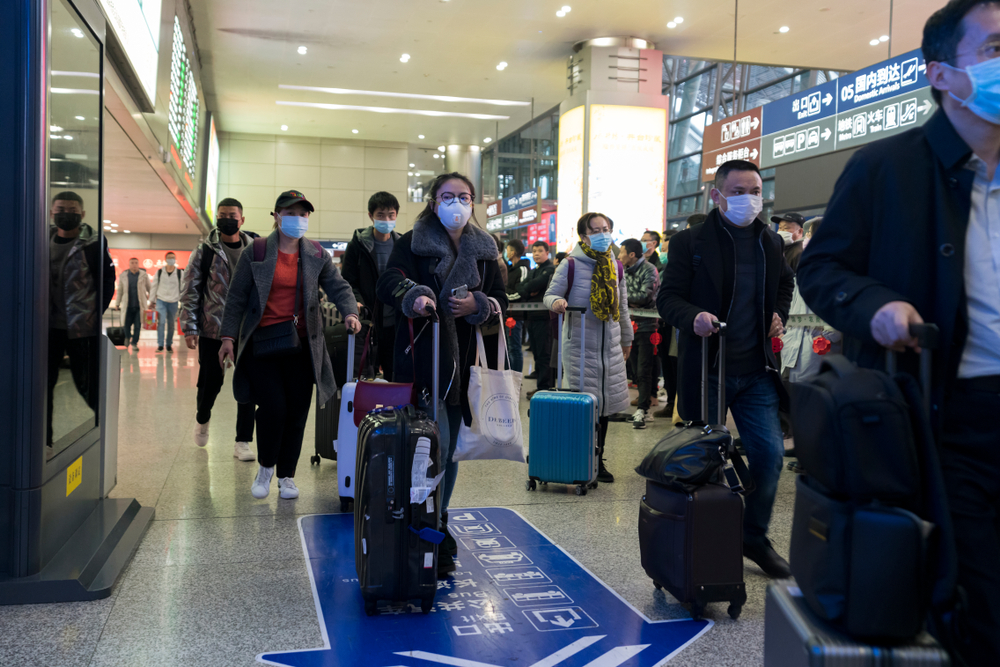
If you’re an American citizen or a lawful permanent resident of the US coming back to the States after a visit to a highly-infected country such as Iran, Italy, or China, you will be permitted back into the U.S. but with limitations. Travelers will be directed to one of 11 US airports and heavily screened for fever and other symptoms. You may be quarantined for a while and have to answer questions about your travels and what you were exposed to during that time. Even if you’re allowed to go home, chances are you will have severe restrictions placed on your movement for the next fourteen days.
Are you feeling sick after your recent travels?
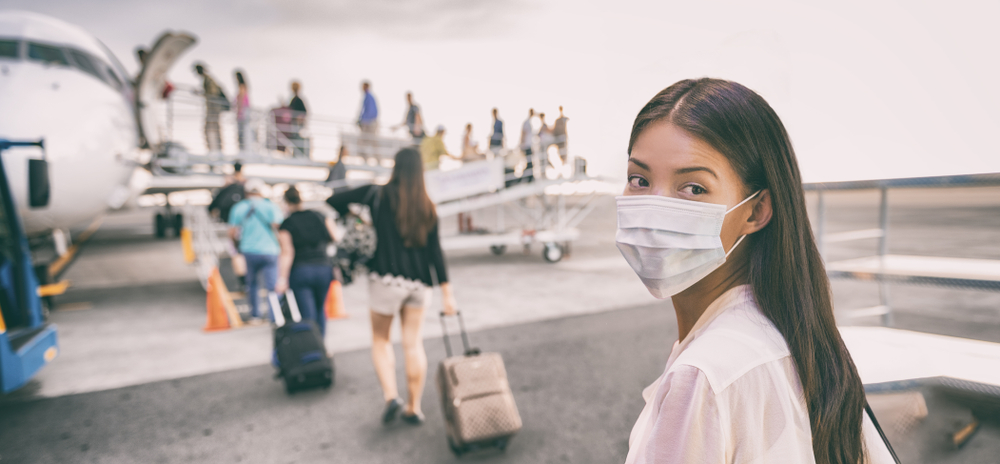
After returning home, if you feel sick with a cough and fever or have trouble breathing, contact your doctor’s office immediately to seek medical advice. Depending on the extent of your symptoms, you may be asked to quarantine yourself in your home and keep an eye on how it progresses, or they may ask you to go to the nearest emergency room. Follow the steps mentioned above to keep you and your surroundings as clean as possible.
If you do become sick after traveling, do not panic. It’s actually not uncommon to feel ‘off’ and studies show that up to 79% of travelers coming from low or middle income countries may experience travel-related health issues. Most of these are not serious and will pass quickly.
Nancy Messonnier, a top federal health official from the Centers for Disease Control and Prevention, stated that the outbreak could continue into next year and that many people will be exposed to it at one point or another. It’s important to understand that the coronavirus outbreak is evolving. Even as it spreads throughout the globe and the number of people catching the illness has been high, only a very small percent of these people are in critical condition. Still, taking all preventative measures including canceling unnecessary travel plans could be very beneficial for your health as well as the health of the people you come across.